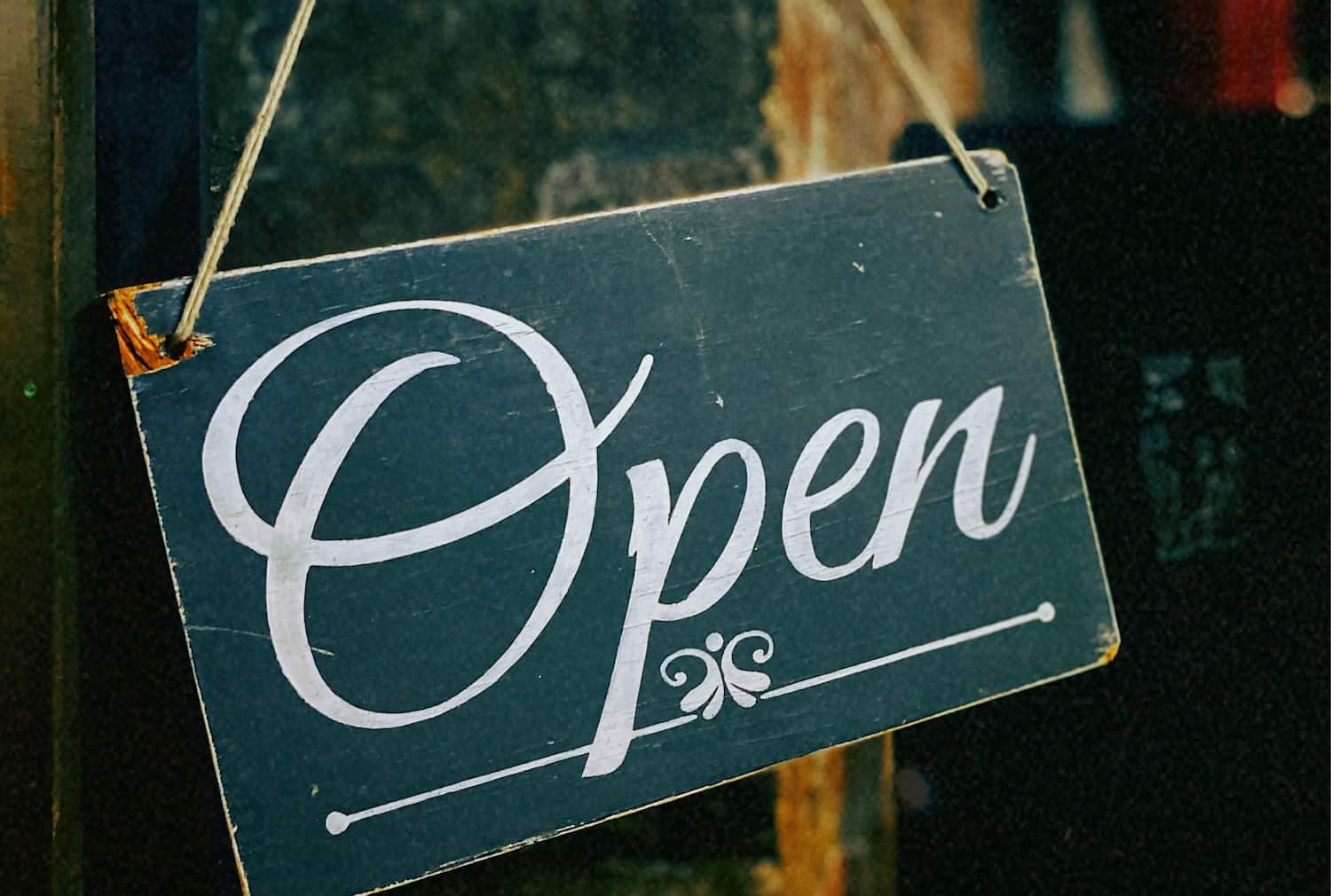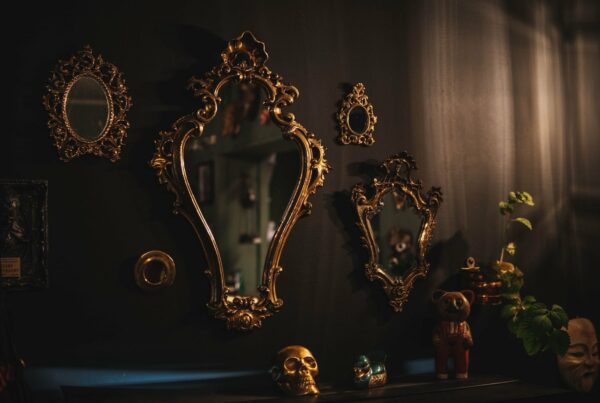One of the greatest opportunities I’ve had in my life is to serve for an anti-human trafficking organization in India, which works to rescue slaves, rehabilitate them, and prosecute the perpetrators. Before 2007 I had no idea that there are more slaves in the world today than ever before in history. It is appalling to me that more than 40% of slavery is taking place in my country of origin, India. In 2018, the Ministry of Labor and Employment came out with the statistic that there are over 18 million slaves in India.
Although that’s the sad reality in the world today, I believe there is still so much hope for these people through God’s people. Our God is a God of justice, and He cares deeply about His children’s hearts and lives, for each one is created in His image. I believe that God works through His people as we are called to reflect His character in this broken world. In my 10 year journey with the organization, my colleagues and I have rescued over 19,000 people from slavery since 2001. We have rehabilitated them and prosecuted the perpetrators, so the slave owners do not employ any more slaves.
One story I’ll never forget is the time our team went on a rescue operation to free enslaved families from a rock quarry. We traveled with the district officers and local police. After proper investigation by the officers, we rescued 35 individuals belonging to 12 families. Among them was Kumar, a 5-year-old boy who was helping his parents in the rock quarry. These families had worked for their slave owner for 20 years to repay a loan of $120.
The owner exploited them as they belonged to a lower caste community. They had no education nor awareness of the law, and therefore they were vulnerable. I am thankful for the support these families received from the upright government officers who legally rescued them and returned them to their villages to begin a normal life.
Once the families were back in their village, I was assigned to be their rehabilitation manager. Following standard procedure, I took all the individuals for a medical screening. When 5-year-old Kumar had his medical examination, he was diagnosed with a complicated congenital heart disease. The doctor explained that he needed surgery as soon as possible because he could collapse at any time. Since Kumar’s parents had no education or experience with modern medicine, they were hesitant to send their son to the hospital for surgery.
My role as their rehabilitation manager was to visit them periodically and talk about the possibility of better health with surgery. Eight months passed and Kumar’s parents were still hesitant. In April of 2012, there was a team of cardiologists from the International Children’s Heart Foundation visiting India and performing free surgeries for children. I knew they were some of the best doctors in the world, so I tried my best to convince Kumar’s parents to visit these doctors. With great hesitation, they finally brought him to the hospital. After going through his medical records, the doctors explained that he definitely needed surgery, but there was no guarantee that it would be successful since he had a complex heart condition.
Kumar’s parents finally agreed to the surgery. It took place on April 27, 2012. Unfortunately surgery did not go well, and he was put on a ventilator. Five days later, Kumar passed away. I was with his parents all five days, and I didn’t know how to comfort them. I knew they were angry at me for convincing them to come to the hospital. I felt sorry for the family, but at the same time I did not feel guilty because I was sure of my intentions.
When someone dies in India, it’s customary for the family to take the body back home to perform final rituals. My colleagues advised me not to go to the village because the villagers could become violent and hurt me as I was the face of the organization. But I wanted to make it to Kumar’s funeral. How could I abandon the bereaved family at a moment like this? So I gathered some colleagues and went to the village for the funeral.
As we were entering the village, I saw a crowd of gangsters waiting for me. They had huge logs and knives to attack me. To my surprise, the 12 families we had rescued surrounded me. They told the gangsters I wasn’t the one who took the child for surgery; it was someone else. One of the most heartwarming lines I heard that day was, “This person is like God to us; he was the one to rescue us out of slavery.” The gangsters put their logs and knives down and left me alone.
This was a moment where I physically felt God’s mercy and protection. I thanked all the families for the mercy they showed me, without which I would have been severely wounded or killed. I can only go back to Matthew 5:7, “Blessed are the merciful, for they shall receive mercy.” A little kindness that was shown in rescuing people from slavery was returned, one year later, when these families saved my life. Up until then, I only saw them as vulnerable families that needed our guidance and support, but in that moment I saw them as Matthew 5:9, “Blessed are the peacemakers, for they shall be called the children of God.”
This was not the end; I continued to be their rehabilitation manager for the next two years. In 2017 I visited the village and was delighted to see that all 12 families were very happy to see me, including Kumar’s family. They invited me to their home, to see the house they’ve built for themselves. They said they have jobs and their kids are in school now. I asked them, “What is something that is so different from the days when you were working in the rock quarry?” They told me, “We now decide for ourselves when to eat, when to sleep, when to play, and what to do for our children.” I was so overjoyed and thankful to see them enjoying their lives in freedom.





